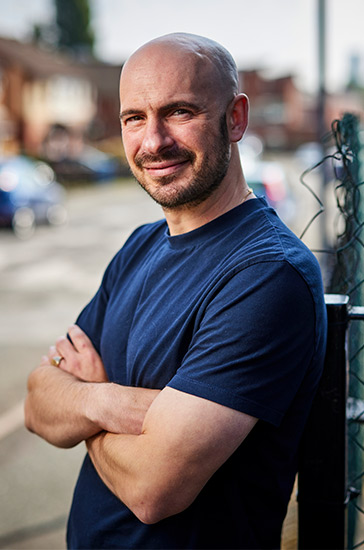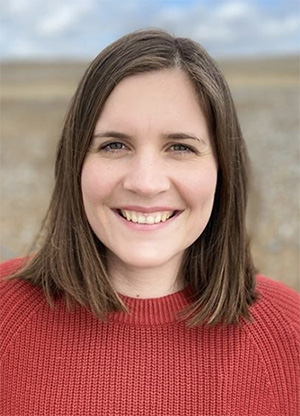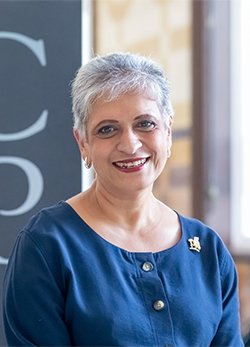
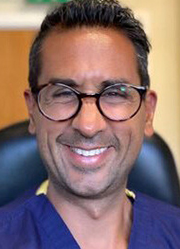
10 Minute Consultation: Dr Carter Singh MBE
In April 2021, the first mental health practitioners (MHPs) started working in GP practices across the 19 primary care networks covering Norfolk and Waveney. We’ve never looked back.
It was the first stage in implementing our plans to transform mental health care in primary care across the region. Our vision, informed by people with lived experience and experts from across health, social care and community sectors, was to use PCNs in the region to provide ‘wrap around’ mental health provision for all GP practices, and dramatically reduce the time people are waiting for mental health care.
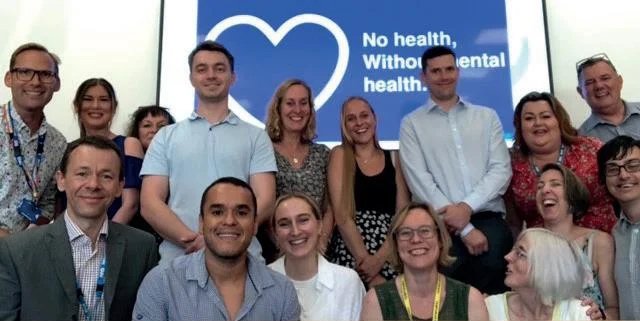
The majority of our MHPs are Band 6 and 7 mental health nurses, with some from other backgrounds such as social work. We also recruited several Band 8 PCN service managers to oversee the teams – all practising clinicians with significant experience in mental health.
There was understandable hesitation on the part of the local Trust concerned about their own workforce shortages, so we started by piloting the scheme in five sites. The idea being that by placing these professionals upstream in general practice, at the front door of the NHS, they will ease pressures longer term.
Patient feedback has been excellent. They’re getting direct contact with an MHP and the appropriate support they need from their own surgery, usually within a week or two. People only need to tell their story once because we use a single trusted assessment, and they are involved in monitoring their progress through a system called DIALOG+, which maps the patient’s own goals.
Having MHPs working in our practices is vital. This is why we’ve supported the No Time To Wait campaign, which has gained cross-party backing from MPs, calling for every GP practice to have a mental health nurse.
Alongside this, we invested in a mental health diploma for primary care clinicians. This has created a really engaged group of clinicians with an interest and passion for mental health across the region. We hold a monthly ‘lunch and learn’ webinar and keep everyone informed of changes that are happening through a quarterly newsletter.
We invested in online counselling platforms, five mental health support hubs offering walk-in support in a café environment seven days a week with evening ‘sanctuaries’ until midnight, two short-stay crisis houses where people in distress who would have ended up in secondary care can stay for up to five days, and a ‘mental health’ car, jointly with the ambulance service, so mental health distress calls can be managed in patients’ own homes.
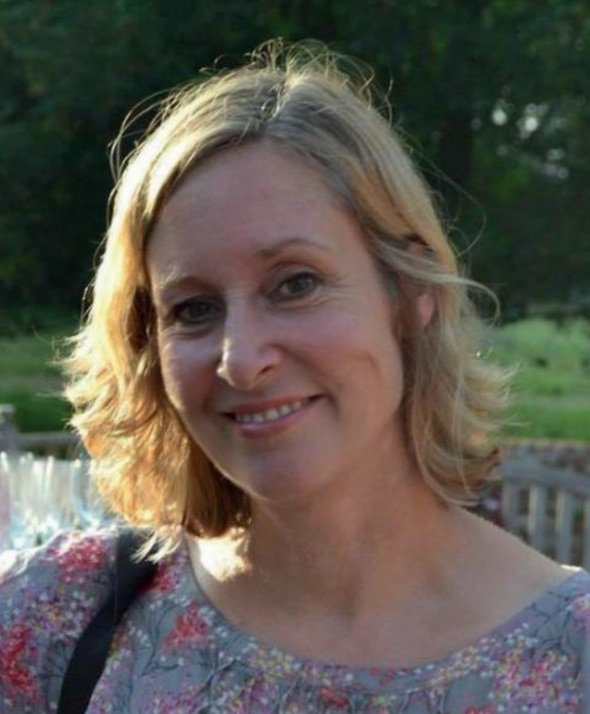
We’ve worked with Mind to recruit recovery workers to work alongside our MHPs as first point of contact for low level anxiety and depression. We’re investing in trauma therapies, and looking to further enhance primary care teams by employing psychologists, psychiatrists and peer support workers specialising in complex emotional needs. We're also supporting our fantastic Voluntary Community and Social Enterprise colleagues to provide joined-up holistic care with us long-term.
Two valid challenges have been levelled at us for our approach. Firstly, whether having MHPs working directly in practices is detracting from core GP work; and secondly whether supervision of the new roles will perversely increase GP workload. Neither has been the case in our experience.
GPs remain the main point of contact for their patients’ care, with MHPs offering support and additional expertise for patients with more complex mental health needs. GPs are kept informed of their patients’ progress and those who want to be more involved can engage with our mental health champion network. Workload hasn’t increased as MHPs are managed and supported by our PCN service managers.
We’re confident the interventions we’ve introduced will lead to reduced hospital admissions and A&E visits and are already noticing positive change. They are helping to destigmatise mental health in the community: our ‘mental health cafés’ for example, are all situated on busy high streets. There are still long waits to access community specialist mental health teams, but addressing that is the next step: we want to unlock both the front door and the back door for people needing mental health care.
It might sound like a lot but it’s doable and it works. We’ve been smart about maximising our Mental Health Investment Standard, as well as the Additional Roles Reimbursement Scheme (ARRS) and successfully applying for community transformation funding. We also have people monitoring financial 'slippage', so money can be moved to ensure it is spent and not wasted.
I am part of a fantastic team of people (pictured), all passionate about mental health. Our goal is to create a mental health ecosystem. Having MHPs working in GP practices is key to this.
Dr Ardyn Ross is a GP in Norwich and clinical mental health lead for Norfolk and Waveney Integrated Care Board.
Read more
Thank you for your feedback. Your response will help improve this page.
